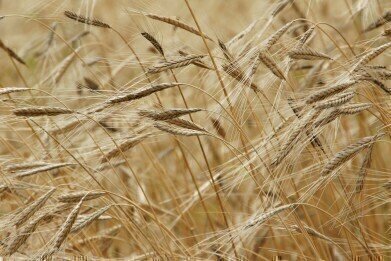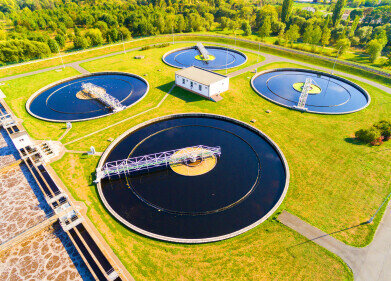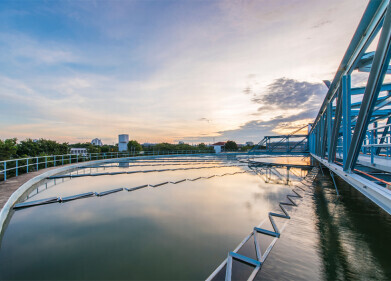Water/Wastewater
How Much Wastewater Is Used on Farms?
Jul 19 2017
The use of wastewater on farmland is at least 50% more prevalent than previously thought, according to a new study. Published in the journal Environmental Research Letters, the report provides the first quantified analysis of the extent to which farmland is fed by wastewater (both treated and untreated).
The results show that there are 35.9 million hectares of crops which are watered by urban wastewater, with over four-fifths of this area residing in regions with inadequate wastewater treatment facilities. The study also found that this practice was far more widespread in the developing world and could be largely localised to just five countries.
Contamination by necessity
The population of planet Earth is continually increasing. With the vast majority of people living in towns and cities, it only makes sense that these urban centres continue to grow and swell in size, and the consumption of water necessarily swells with them.
However, wastewater treatment systems rarely develop at the same rate as populations grow, meaning that larger and larger quantities of wastewater are released downstream without the appropriate treatment. Despite the multitude of pluses and benefits of using water sensors to determine water quality, they are still uncommon in large swathes of the world. Most concerning of all, much of this wastewater is immediately recycled into the irrigation systems feeding nearby farms, meaning that bacteria and contaminants can quickly and easily find their way back into the food supply.
The lack of proper refrigeration and the high costs of transportation mean that many farmers in the developing world set up shop close to urban centres. This also has the added bonus of access to plentiful supplies of wastewater – which may be high in nutrients, but has not been properly treated before its reuse.
The big five
The 29.4 million hectares of cropland which are fed by wastewater that is unlikely to have been thoroughly treated affects 885 million residents, according to the report. Staggeringly, 86% of that cropland can be found in just five countries: China, India, Iran, Mexico and Pakistan.
“Some might call it sewage, but it's mostly domestic wastewater, although it can contain industrial effluent,” explains Dr Pay Drechsel, co-author on the report. “But in our report we've not just looked at wastewater, we've also looked at the wastewater that enters the rivers and streams, where it gets diluted to some extent but it is still tremendously dangerous when it comes to farmers' fields.”
Representing a 50% increase on previous estimates, the report spells bad news for the residents of those towns and cities benefitting from nearby farmland in certain countries. And it’s not the first time that previous estimates have been shown to fall short; just last year, experts concluded that global streams and waterways are far more polluted than previously imagined.
Education the key
Of course, the problem would most comprehensively be solved by installing and activating wastewater treatment plants at all of the sites in question – but that’s a lengthy process, according to the study’s authors.
Citing the example of Ghana, the contributors point out that that African nation took many decades to be able to treat even just a fraction (15%) of its water. In the meantime, crops still need irrigation, so people have no choice but to buy the contaminated produce. A cheaper and faster alternative would be to simply wash the produce after purchase, though that requires widespread education on the topic.
“You try at multiple critical control points to reduce the risk between the farm and fork,” commented Dr Drechsel. “This can be through safer irrigation, or greater hygiene at markets and also people can effectively wash the vegetables so you can get rid of most of the pathogens - but in those countries where it is most needed, there is no risk awareness. People don't know about bacteria.”
Digital Edition
IET 34.2 March 2024
April 2024
Gas Detection - Biogas batch fermentation system for laboratory use with automatic gas analysis in real time Water/Wastewater - Upcycling sensors for sustainable nature management - Prist...
View all digital editions
Events
Apr 30 2024 Melbourne, Australia
Apr 30 2024 Birmingham, UK
May 03 2024 Seoul, South Korea
May 05 2024 Seville, Spain
May 06 2024 Minneapolis, MN, USA


















